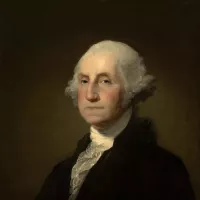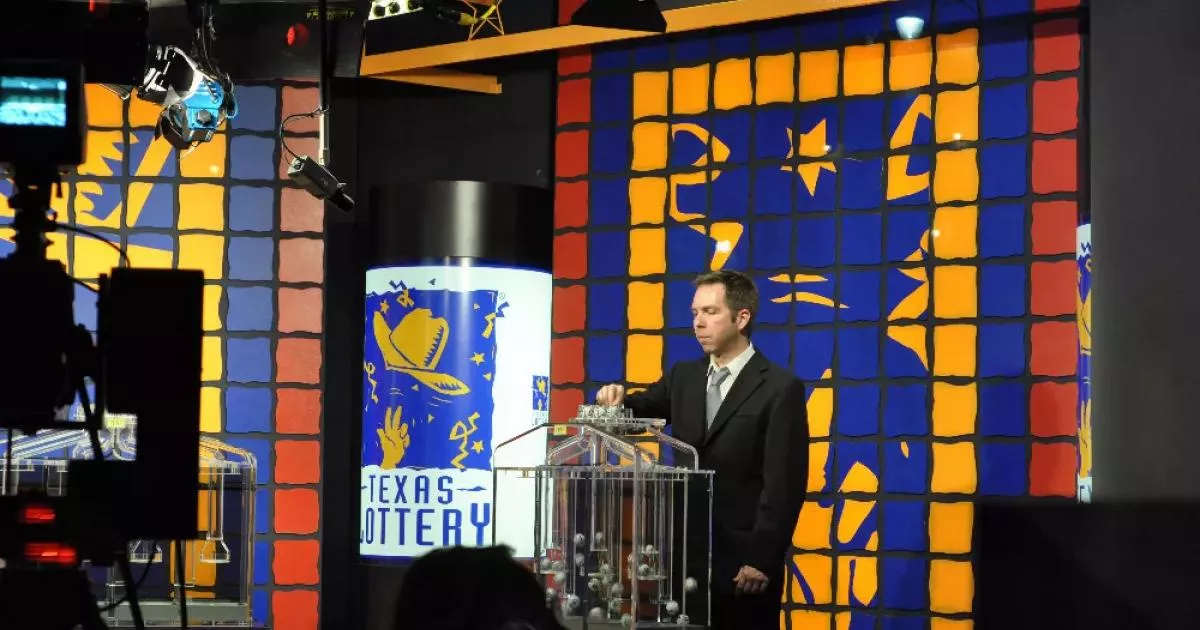A lottery is a gambling system where numbers are randomly drawn for a prize. Governments have varying stances, from banning lotteries to organizing national versions, often regulating aspects like age limits for ticket purchases and vendor licensing. While prevalent in the 19th century, lotteries faced widespread prohibition in the early 20th century across the U.S., Europe, and other nations. Post-World War II, around the 1960s, lotteries and casinos experienced a resurgence globally, serving as a governmental tool for revenue generation without direct tax increases.
1916: Australian Government Started Lottery
In 1916, the Australian government started their own lottery, named the 'Golden Casket Art Union', with the intention of raising money for charities and projects.
1917: Lottery organized by British government
In 1917, a lottery was organized by the British government with Thai consent to help finance Britain's war effort.
1933: Reintroduction of national lottery
In 1933, a national lottery was reintroduced.
1933: Lotteries Regularized
In 1933, lotteries became regularized under the finance department in Thailand.
1934: First modern US lottery
In 1934, the first modern government-run US lottery was established in Puerto Rico.
1964: Lottery established in New Hampshire
In 1964, New Hampshire established a state lottery.
1967: Kerala State Government started lottery department
In 1967, the Kerala State Government in India started their lottery department following the country wide ban on private lotteries.
1969: Incorporation of 4-Digits-based games
In 1969, the Malaysian Government founded and incorporated Sports Toto Malaysia to commercialise 4-Digits–based games.
1969: Lottery industry start operated
In early 1969, the lottery industry began operating in Malaysia by Berjaya Group.
December 1970: Veikkaus began selling lottery tickets
In December 1970, Veikkaus began selling lottery tickets in Finland.
January 3, 1971: First televised lottery draw in Finland
On January 3, 1971, the first lottery draw by Veikkaus in Finland was televised.
January 1971: First Lottery Draw
In January 1971, the first lottery draw was televised on Yle TV1 in Finland.
1980: Change in lottery numbers
In Finland, until the autumn of 1980, six numbers between 1 and 40 were chosen for the lottery.
1980: Pennsylvania Lottery scandal
The 1980 Pennsylvania Lottery scandal involved weighting balls in The Daily Number.
August 1985: Sports Toto privatization
On August 1, 1985, the Malaysian government sold Sports Toto to Vincent Tan, who merged it into his Berjaya Group.
1994: Establishment of the National Lottery
In 1994, the National Lottery was established in the United Kingdom, sanctioned by the Gambling Commission.
2003: Tic-Tac-Toe recall
In 2003, Mohan Srivastava found non-random patterns in "Tic-Tac-Toe" tickets, leading to the game being recalled by the Ontario Lottery and Gaming Corporation.
2005: Gambling Act
In accordance with restrictions under the Gambling Act 2005, the maximum amount which can be won by a single ticket is £500,000, or 10% of the total draw proceeds.
2007: Rare lottery ticket sold for $15,000
In 2007, a rare Mountain Road Lottery ticket bearing George Washington's signature sold for about $15,000. This lottery, dating back to 1768, had been unsuccessful.
January 3, 2011: 40th anniversary of the lottery in Finland
On January 3, 2011, the lottery in Finland turned 40 years old, having been drawn 2,126 times.
2011: Profit categories were changed
Profit categories of the lottery in Finland were changed, for example, from the 2011 round 41.
2012: Spanish Christmas Lottery prize payout
In 2012, the Spanish Christmas Lottery, considered the biggest worldwide, had a potential total prize payout of €2.52 billion, with €720 million for El Gordo.
September 2013: End of lottery on Yle TV1
From 3 January 1971 to 29 September 2013, the lottery was televised on Yle TV1 in Finland.
October 2013: Lottery Draws Postponed on MTV3
In October 2013, lottery draws in Finland were postponed on MTV3 after ten evening news, because according to FICORA, the sponsorship cooperation between Veikkaus and Yle was illegal.
2013: Reduction in number of tickets
In 2013, the number of available tickets for the Spanish Christmas Lottery was reduced to 160 million due to falling demand.
2014: Value of 1737 florins in 2014
In 2014, the total prize money of 1737 florins from a lottery held on 9 May 1445 at L'Ecluse was worth about US$170,000.
2017: Kerala collected GST
In the fiscal year 2017, Kerala collected GST worth Rs 908 crore from lotteries.
2018: Digital lottery option in Ohio
In 2018, Ohio became one of the first states to offer people a digital lottery option, using technology developed by Linq3.
2018: Kerala collected state revenue
In the fiscal year 2018, Kerala collected state revenue of Rs 1,691 crore from lotteries.
January 7, 2020: Lotto Max drawing for $70 million
On January 7, 2020, the largest single jackpot record in Canadian lottery history occurred with a Lotto Max drawing for a jackpot of $70 million.
May 2022: Welsh Valley Wins Lottery
In May 2022, the residents of Rhymney won the People's Postcode Lottery, which was the subject of a Channel 4 documentary called, The Welsh Valley That Won the Lottery.
November 2022: Powerball jackpot record
In November 2022, Powerball set a record for the largest lottery jackpot in U.S. history, with its 8 November 2022 draw having an estimated jackpot of US$2 billion.
2024: Allwyn Entertainment Ltd took over The National Lottery
In 2024, Allwyn Entertainment Ltd took over from the original operator Camelot Group for operating the National Lottery in the United Kingdom.
Mentioned in this timeline
Puerto Rico is a self-governing Caribbean archipelago and island that...
India officially the Republic of India is a South Asian...

Christmas is an annual festival celebrated on December th commemorating...
Pennsylvania is a U S state located in the Mid-Atlantic...

News encompasses information about current events disseminated through various media...

George Washington a pivotal Founding Father served as the first...
Trending

32 minutes ago Bradley Whitford and Amy Landecker Star in New Rom-Com 'For Worse': A Sneak Peek

32 minutes ago Crispin Glover, 'Back to the Future' Actor, Faces Battery and Fraud Lawsuit
32 minutes ago Broadcom Launches BroadPeak, Stock Slides Amid AI Chip Deal Rumors, Expands 6G Portfolio

2 hours ago WrestleMania 42 tickets on sale, Matt Hardy involved; TKO faces criticism.

10 months ago Koe Wetzel: Coachella 'Crazy', Stagecoach Debut & Jessie Murph's Superstardom

3 hours ago Zachary Levi Hosts 'David: King of Israel' Docudrama on Fox Nation.
Popular

Jesse Jackson is an American civil rights activist politician and...

Susan Rice is an American diplomat and public official prominent...

Barack Obama the th U S President - was the...

XXXTentacion born Jahseh Dwayne Ricardo Onfroy was a controversial yet...

Michael Joseph Jackson the King of Pop was a highly...

Michael Jordan widely considered one of basketball's greatest players significantly...
